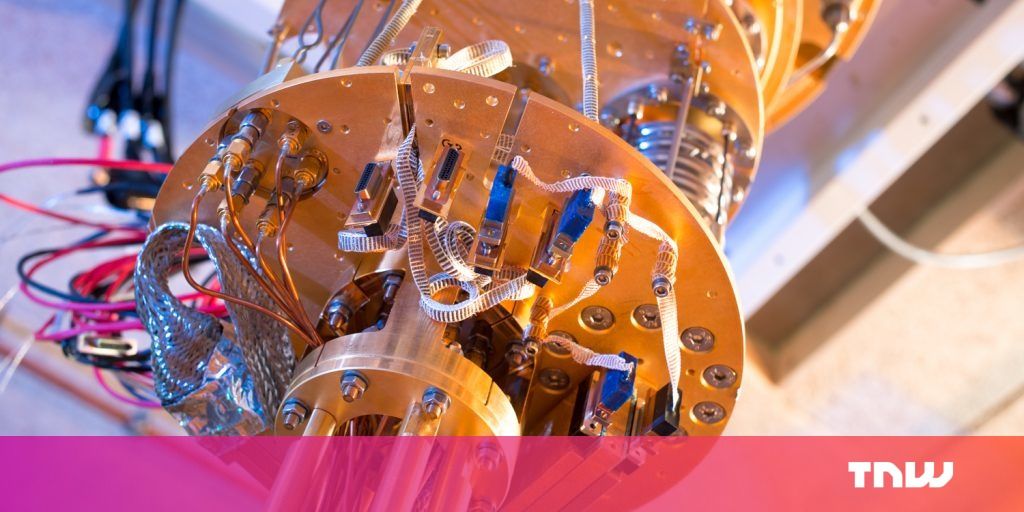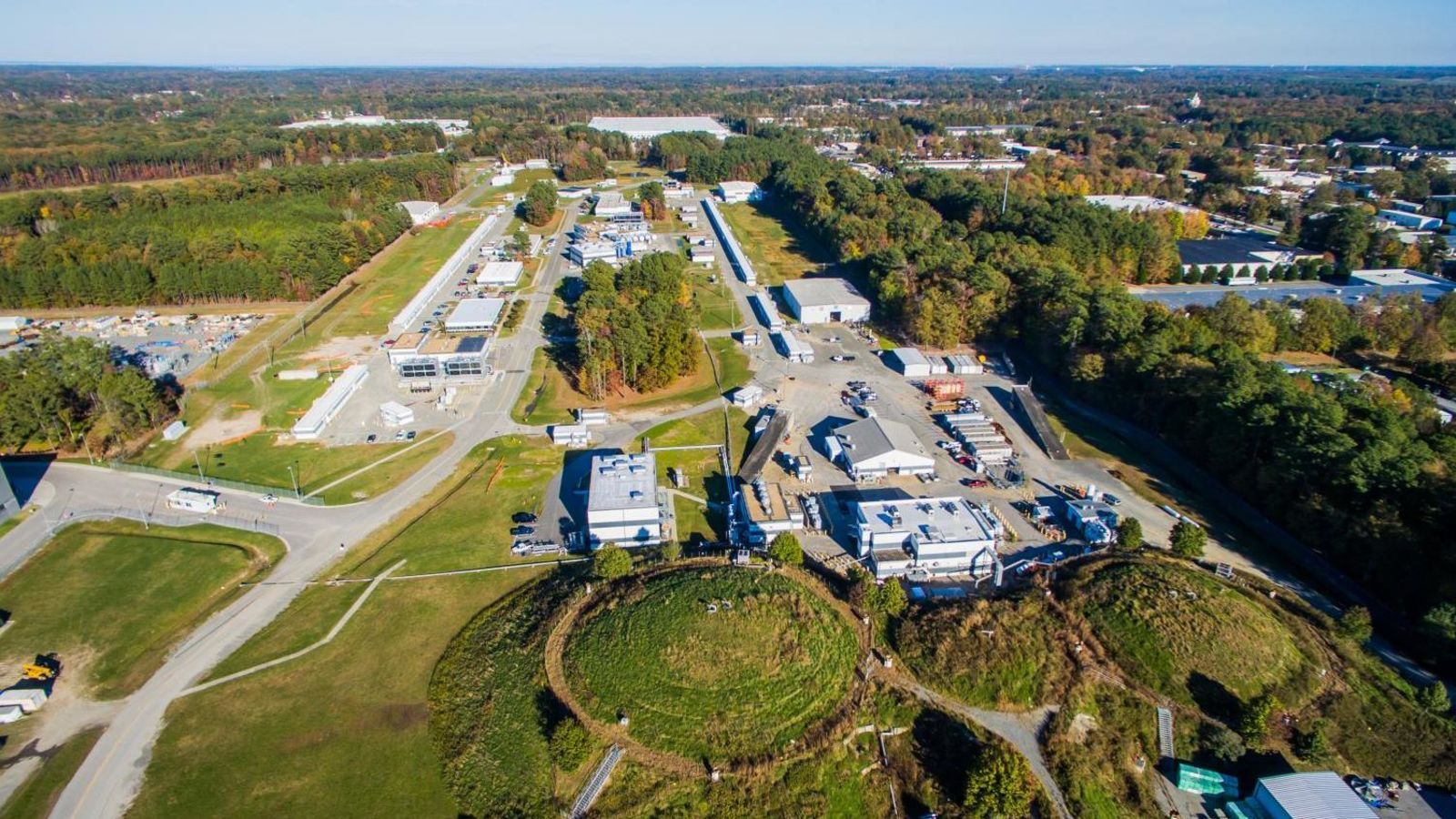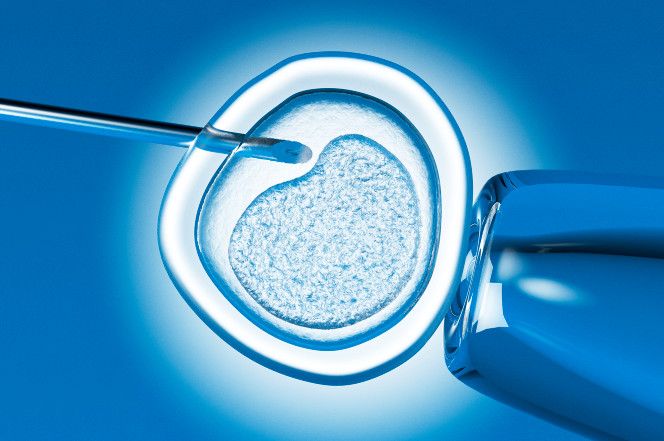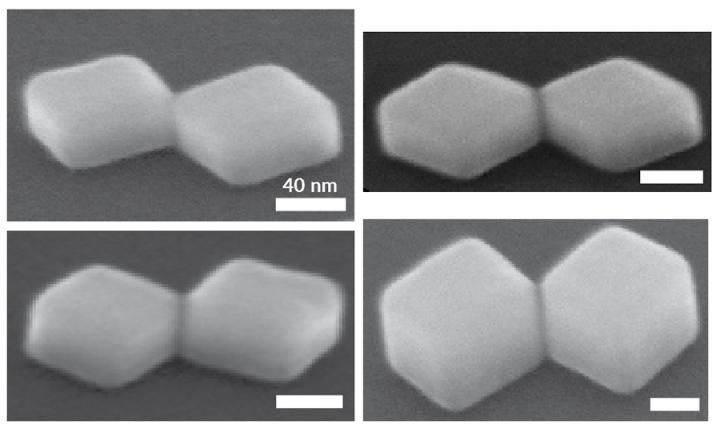Microsoft yesterday released its new Quantum Katas, a free open source project that’ll teach you how to develop for quantum computers.



A proposed billion-dollar American particle collider has received enthusiastic backing from the US National Academies of Sciences, Engineering, and Medicine, according to a newly released report.
This proposed “electron-ion collider,” or EIC, would serve as a state-of-the-art facility designed to answer some of the deepest questions about our Universe. The National Academies “finds a compelling scientific case for such a facility,” according to its report released today.

LONDON — An international team of scientists has moved closer to creating artificial embryos after using mouse stem cells to make structures capable of taking a crucial step in the development of life.
Experts said the results suggested human embryos could be created in a similar way in future — a step that would allow scientists to use artificial embryos rather than real ones to research the very earliest stages of human development.
The team, led by Magdalena Zernicka-Goetz, a professor at Britain’s Cambridge University, had previously created a simpler structure resembling a mouse embryo in a lab dish. That work involved two types of stem cells and a three-dimensional scaffold on which they could grow.


A new IMAS-led paper published in the science journal Nature Climate Change has highlighted the challenges faced by scientists, governments and communities as rising levels of CO2 are absorbed by the world’s oceans.
Researchers have found that in recent centuries surface ocean pH has fallen ten times faster than in the past 300 million years and that impacts are being felt on ecosystems, economies and communities worldwide.
The economic cost to coral reefs, wild fisheries and aquaculture alone of the process known as Ocean Acidification is projected to reach more than US $300 billion per annum.

If you’ve been hacked in recent years, odds are you fell for that perfectly crafted phishing message in your email. Even the most mindful individuals can slip up, but Google’s employees have reportedly had a flawless security record for more than a year thanks to a recent policy requiring them to use physical security keys.
Krebs on Security reports that in early 2017, Google started requiring its 85,000 employees to use a security key device to handle two-factor authentication when logging into their various accounts. Rather than just having a single password, or receiving a secondary access code via text message (or an app such as Google Authenticator), the employees had to use a traditional password as well as plug in a device that only they possessed. The results were stellar. From the report:
A Google spokesperson said Security Keys now form the basis of all account access at Google.

Using advanced fabrication techniques, engineers at the University of California San Diego have built a nanosized device out of silver crystals that can generate light by efficiently “tunneling” electrons through a tiny barrier. The work brings plasmonics research a step closer to realizing ultra-compact light sources for high-speed, optical data processing and other on-chip applications.
The work is published July 23 in Nature Photonics.
The device emits light by a quantum mechanical phenomenon known as inelastic electron tunneling. In this process, electrons move through a solid barrier that they cannot classically cross. And while crossing, the electrons lose some of their energy, creating either photons or phonons in the process.

On Friday 27 July there will be a total lunar eclipse, also known as a blood moon. The blood moon occurs when the sun, Earth and moon align perfectly, putting the moon in the Earth’s shadow. The red colouring is a result of sunlight refracting through the Earth’s atmosphere.
